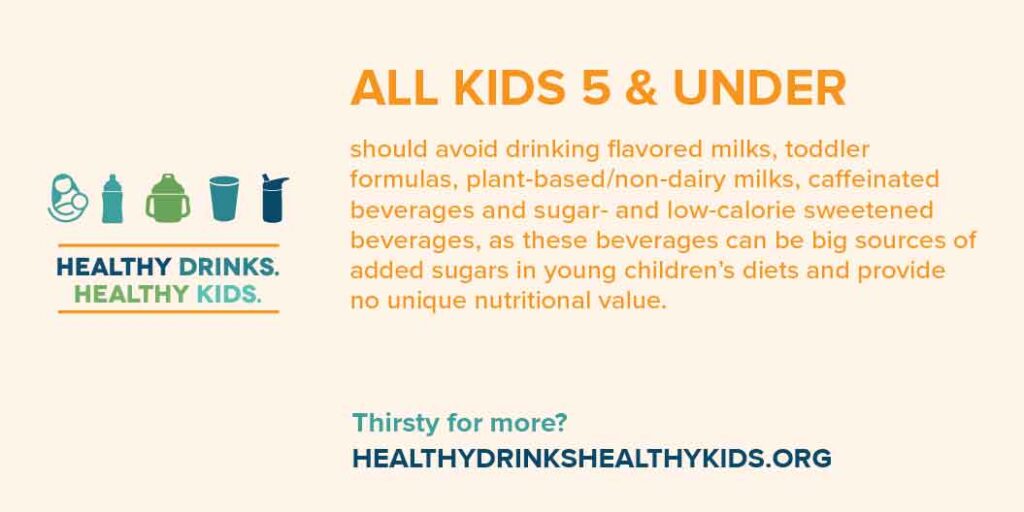Helen Keller International welcomes the new guidance on healthy beverage consumption for young children just issued by a coalition of health experts led by the Healthy Eating Research group. The warnings of the negative effects of sugar sweetened beverages on children’s nutritional status are evidence-based and provide valuable advice to parents who can be misled by unfounded claims of health benefits advanced by commercial food companies.
The authors rightly point out that regular consumption of sugary beverages can contribute to excessive weight gain, tooth decay, and shape enduring taste preferences, all of which can have lifelong health costs to the individual, the family and to the economy. HKI is particularly pleased to see toddler milks included in the list of beverages not recommended for children of any age. These products, marketed perniciously as “growing up milks” and “follow-up formulas”, often have labels that confuse and mislead consumers, and tend to displace the healthiest beverage of all, breastmilk.
HKI’s ARCH Project research has revealed these products being widely promoted in low-income countries, where children are especially susceptible to both under and overnutrition from the consumption of unhealthy beverages. Indeed, one of our recent studies identified 165 such products on the market in just six provinces of Cambodia, while another found that about half of all children under three years of age in a provincial city of Indonesia were consuming breastmilk substitutes. The longstanding global consensus is that for optimal health and development, infants should be exclusively breastfed for the first six months of life and continue to receive breastmilk to age two and beyond. There is no need for industrially-produced toddler milks.
While breastmilk is a lifesaving source of nourishment in settings with high levels of infectious diseases and inadequate hygiene and sanitation systems, it is also uniquely tailored by human biology to provide all infants with an abundance of helpful molecules that strengthen their immune systems and microbiome. Ideally, no matter where they live, all infants should receive these benefits and all mothers should be provided the support they need to breastfeed optimally. And no matter where they live infants and young children should be protected from unhealthy beverages.
The study, Healthy Beverage Consumption in Early Childhood, was written by the Academy of Nutrition and Dietetics (AND), the American Academy of Pediatric Dentistry (AAPD), the American Academy of Pediatrics (AAP), and the American Heart Association (AHA) with funding from the Robert Wood Johnson Foundation.

